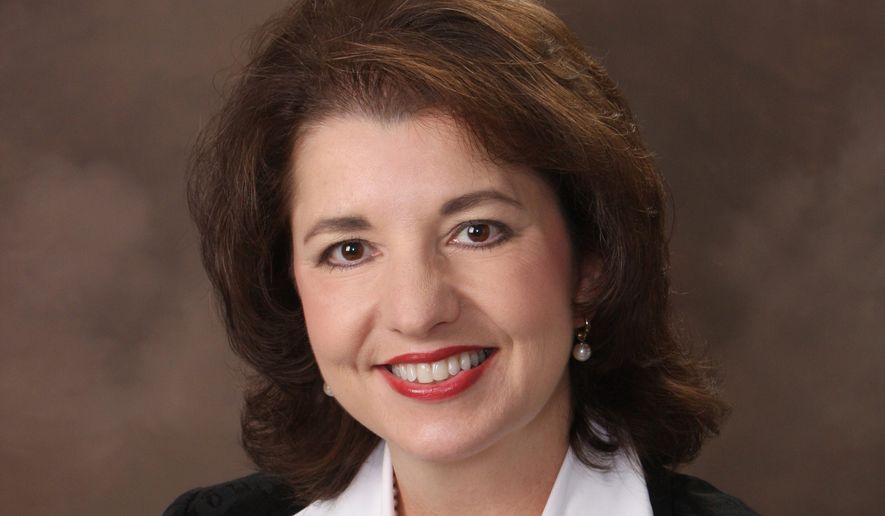OPINION:
Over the past year, as the world has faced the COVID-19 pandemic, the United States’ health care system has been under incredible strain. Patients’ access to health care services and advice from their physicians has been essential to our country’s response to the pandemic.
At the forefront of our fight against COVID-19, frontline physicians, including primary care physicians and internists, have risked their lives and endured considerable stress, fatigue, and shortages in personal protective equipment to help patients combat this virus. While the American College of Physicians (ACP) is encouraged by the recent downward trend in COVID-19 infections and deaths and the distribution of new vaccines, there are continued obstacles facing physicians in treating and caring for the safety of our patients.
Yet, at a time when sufficient access to health care may be more important than ever, patient access under the Medicare program is being threatened. Deep cuts to Medicare payments for physicians are looming.
Physician practices have already been under significant financial pressure due to COVID-19. Further cuts to payments would force many practices to stop accepting Medicare patients, or even, to simply shut their doors.
Medical practices, like mine in rural Georgia, have incurred significant expense in treating both COVID-19 and non-COVID-19 patients. Practices have had to purchase personal protective equipment to help ensure the safety of both our clinical and administrative staff, often at exorbitant prices. We have had to re-design practice settings and workflows to help ensure social distancing measures are possible for patients and practice staff. We have had to invest in health information technology and learn new systems in order to improve patient access to telehealth services. This is all while we are experiencing a significant decline in revenue due to restrictions on in-person medical services and patient reluctance to risk potential exposure to COVID-19 in medical settings. Now is not the time for Congress to pull back resources and funding for our frontline physicians and other health care professionals as we provide needed care to our patients.
The arbitrary payment cuts that are looming are not due to a reduction in the needs of Medicare beneficiaries or changes in care that we, as physicians, provide. Since 2013, Medicare spending has been subject to “sequestration,” a process that enacts automatic, across-the-board reductions in Medicare payments to physicians and other health care professionals. Without congressional intervention, on April 1 Medicare payments will be cut by two percent across-the-board.
In addition, spending that was included in the recently enacted American Rescue Plan Act of 2021 would trigger further cuts under “pay-as-you-go” rules that require any new spending in any congressional legislation to be balanced by an equal amount in cuts. The new law is critical in continuing our momentum in bringing down COVID-19 infection rates and deaths. ACP is very supportive of the important ways that the American Rescue Plan helps us to fight the pandemic and improve access to care for our patients. However, while these things are necessary, they require spending on the part of the federal government. This means that the law triggers cuts that would amount to an additional four percent, or approximately $36 billion, cut to the Medicare program at the end of the year.
Congress needs to take action now to stop these cuts and preserve patient access to care. We are asking Congress to pass legislation that would eliminate the damaging cuts. Absent congressional action, these extreme spending cuts will adversely affect the viability of physician practices and have a deleterious effect on the patients they serve.
• Dr. Jacqueline W. Fincher is president of the American College of Physicians (ACP) and a primary care internal medicine physician in Thomson, Ga. ACP is the largest medical specialty society in the U.S., with 163,000 internal medicine physicians (internists), related subspecialists, and medical student members who apply scientific knowledge and clinical expertise to the diagnosis, treatment, and compassionate care of adults across the spectrum from health to complex illness.




Please read our comment policy before commenting.